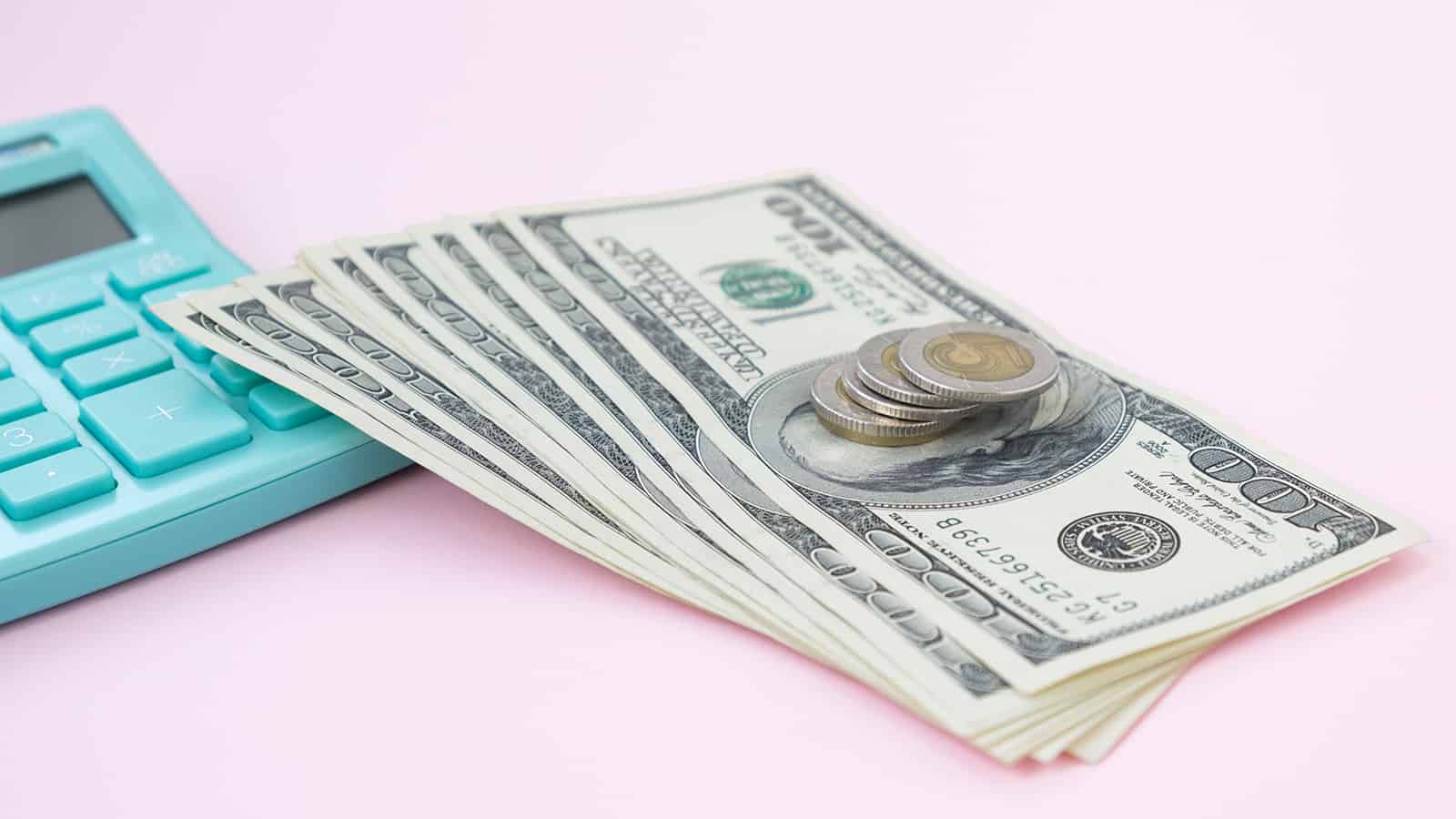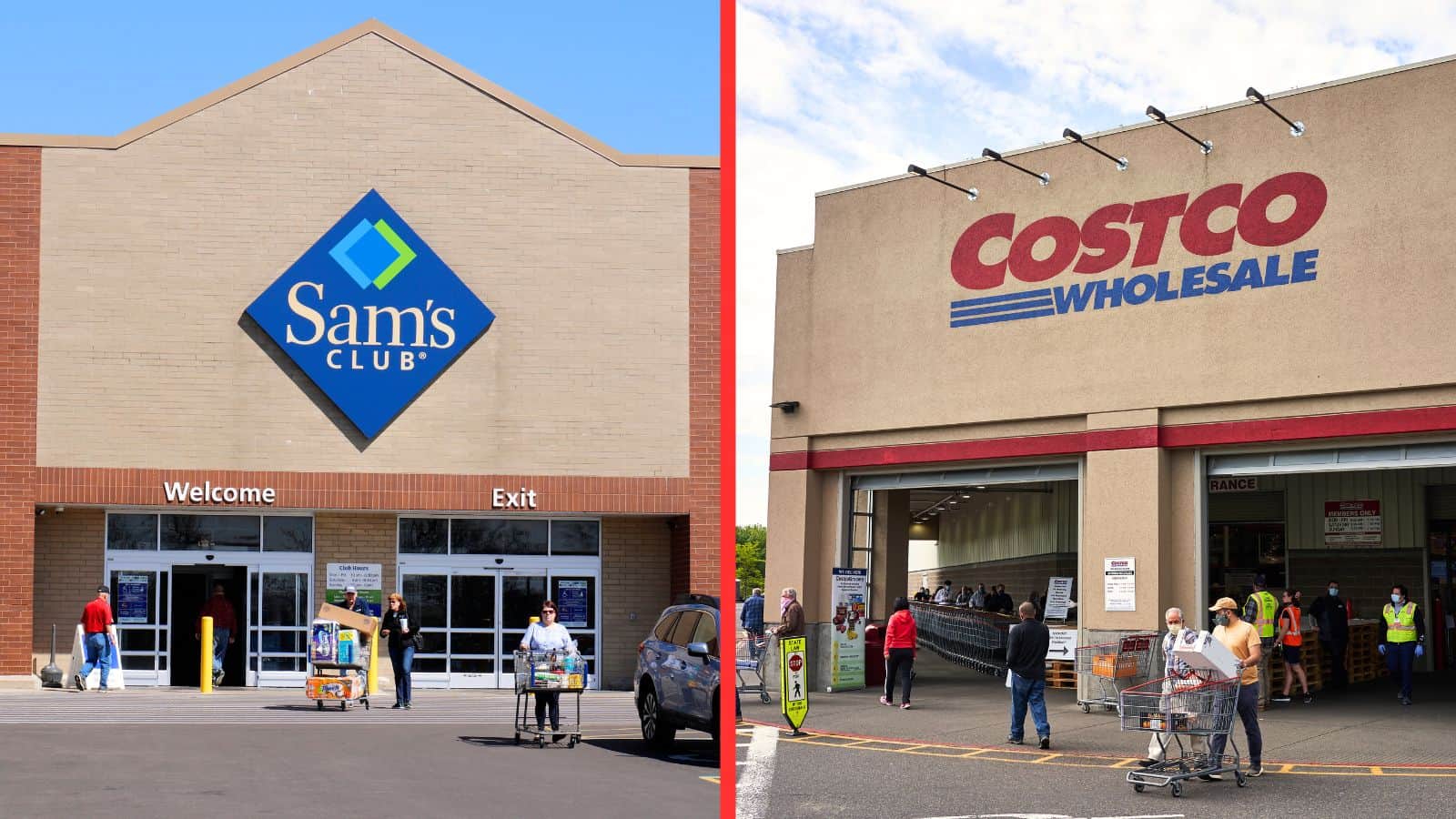Cutting expenses is a smart way to achieve financial freedom. If you want to get your spending under control and have enough left over each month to put toward your financial goals, make sure you avoid these false frugalities that can derail your efforts.
Buying Something Because it’s On Sale

A sale is always a good deal, or so we think. Even if that item you buy is 20% off, it’s a moot point if you don’t have the funds.
“Justifying the purchase of anything solely because it’s a ‘good deal.’ I hear this misconception all the time. If you spend $100 on shoes, even if you bought it at 99% off, you’re still out $100. You haven’t saved a penny, and that’ll be a real problem if you needed that $100 to pay your utility bills,” notes one commenter.
If you don’t need the item, or can’t afford it, save the cash instead.
Owning a House

Many people promote the idea of owning a home as one of the best ways to grow your wealth. Home ownership is great, but it’s not for everyone.
“Rent is throwing money down the drain. Owning a home is not always smart. It can be, but not always. It’s not just the house cost, but costs in taxes, interest, insurance, repairs and maintenance, etc.
“Then there’s opportunity costs. I know folks who can’t move until they sell, and can’t take better jobs cuz they can’t move. A house can be a big anchor in some contexts,” says one person.
Buying a house is part of the American Dream. Just make sure it’s part of your dream before taking the plunge.
Cheap Toilet Paper

Cheapskates love to use cheap toilet paper. Unfortunately, it’s often more expensive in the long run.
“Cheap, single ply toilet paper. You end up having to use way more just to get the same effect of the good stuff,” notes one commenter.
Leave the single ply for the gas station restrooms. Spend up for your home.
Not Going to the Doctor
Going to the doctor can get expensive. However, you’re not saving money by avoiding the doctor.
“Wellness checkups are important. Your prognosis will always be better if something is caught early on,” says one commenter.
It’s easier to manage, both financially and medically, when you learn earlier rather than later that you may need care.
Brewing Your Own Beer

I personally used to love to home brew beer. But, it’s usually not a cheaper alternative to buying your suds at the store.
“Home brewing beer is a wonderful hobby and I highly recommend it, but don’t think you’re going to save money,” says one person.
While it’s a fun hobby, doing it yourself isn’t always cheaper.
Always Buying the Cheapest Option

Always buying the cheapest version of something might feel like a smart choice because you spend less. But often, you end up replacing the item sooner because it’s poorly made and breaks quickly.
As one person said, “A friend of mine from Ukraine had a saying, ‘we are not so rich that we can afford to buy cheap stuff.'”
Think about that next time you buy a pair of shoes. Spending up a little may save you in the long run.
Leasing a Car

Having a new car can be fun. Leases afford that to people in the market for a new set of wheels. Payments are usually cheaper, but the benefits are few beyond that.
“Leasing a car instead of buying one. I’m not gonna get into the specifics but it’s pretty much always more costly,” notes one commenter.
Worse yet, you can potentially lock yourself into a never-ending cycle of car payments. It’s best to find an affordable car and drive it until you absolutely need a new one.
Cheap Tools

Quality is the name of the game for many tools. However, some frugal people may opt for cheaper options.
“Don’t skimp out. Buy the good, durable, name-brand stuff. It’ll last and will most likely get the job done faster with less effort, saving you time, money, and a lot of swearing,” says one person.
In many instances you will need to replace the cheap tool multiple times, costing you more in the long run. That’s not very frugal.
Cutting the Cord on Cable

Cutting the cord on cable or satellite is a great way to save money. That is until you load up on streaming services and end up spending the same amount of money as you were with your contracted plan.
Instead of gobbling up streaming apps, take a more limited approach. Use free streaming services, check out movies or shows from your local library, and subscribe to only one service at a time. You’ll save money and have lots of content to watch.
Not Using Your Air Conditioner

Air conditioning is a necessity in much of the country. Not only does it provide for comfort, it also encourages productivity.
“Being uncomfortable, irritable, and unproductive isn’t worth the few hundred dollars you save by lowering the heat or not turning on the AC,” notes one commenter.
Yes, the air conditioner costs money. Just think of how much less work you’ll get done being miserable.
Avoiding the Dishwasher

You may not think it, but a dishwasher is far more efficient than your hands.
“Doing the dishes by hand vs. using a dishwasher. The dishwasher requires a lot less water, time, and energy,” says one person. Save time, money, and you get clean dishes? Win-win!
How to Multiply Your Money

Get-rich-schemes are typically scams. However, there are ways to truly grow your wealth. While not flashy, they can help you build real wealth.
15 Best Coupon Apps to Save Money

Saving money at the store is as simple as using your phone. Better yet, you can redeem savings for free PayPal money or gift cards. That’s a win-win.
15 Best Coupon Apps to Save Money
How to Build an Emergency Fund

Having a fully-funded emergency fund is the gold standard of personal finance. However, it’s not always easy to achieve. Follow these steps to start and grow one that gives you peace of mind.
How to Build an Emergency Fund
How to Save Money on Groceries

It can be a challenge to keep grocery costs under control. With a little planning you can cut costs and not sacrifice what you want.
How to Save Money on Groceries
Costco vs Sam’s Club: Which is Better?

Both warehouse clubs offer money-saving deals, but they vary a lot in what they offer. Choosing the right one can increase your savings.
Costco vs. Sam’s Club: Which is Better?
This thread inspired this post
I’m John Schmoll, a former stockbroker, MBA-grad, published finance writer, and founder of Frugal Rules.
As a veteran of the financial services industry, I’ve worked as a mutual fund administrator, banker, and stockbroker and was Series 7 and 63-licensed, but I left all that behind in 2012 to help people learn how to manage their money.
My goal is to help you gain the knowledge you need to become financially independent with personally-tested financial tools and money-saving solutions.







Leave a Reply